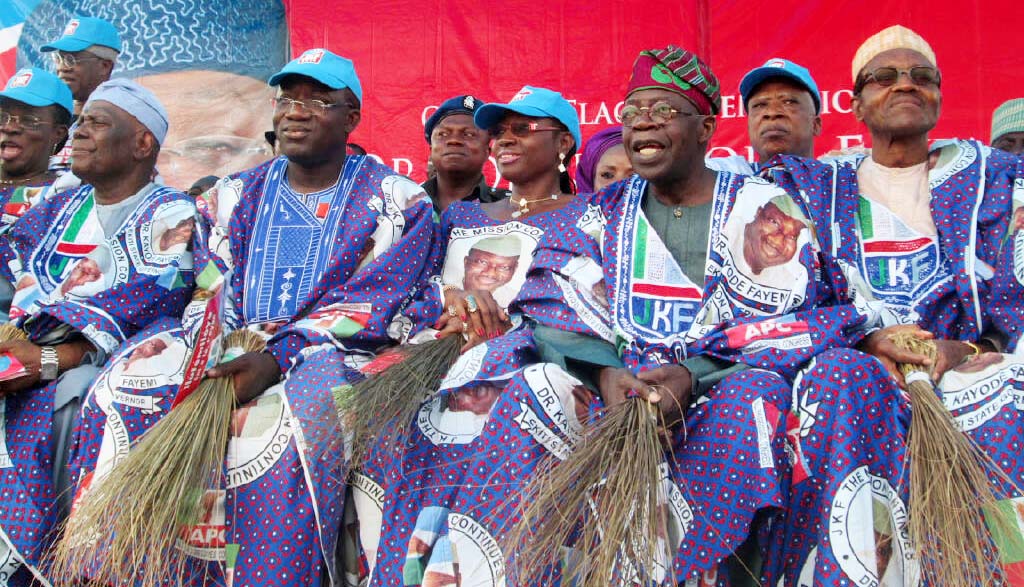Traditionally, Nigeria keeps its savings – which is normally referred to as external reserves – in foreign banks. This means all the huge reserves Nigeria had been celebrating during the time of President Obasanjo was actually creating wealth in foreign countries. In fact, the money worked more for foreigners who managed it.
It is like your savings account. If a bank gives you a 4 percent interest on your savings, it is likely to have made over 6 percent on your money. This is exactly what foreign banks do with the country’s foreign reserves.
But the CBN has the sole responsibility of managing the nation’s foreign and external reserves. In 2006, it could not fold its hands and watch foreign banks, alone, earn management fees.
A 2 percent management fee on our foreign reserves could result in a lot of liquidity for local banks, and thus boast dollar liquidity in the country. With prudent guidelines set by the CBN, under Professor Charles Soludo’s watch, local banks were advised to partner with foreign banks in order to earn forex from our foreign reserves.
Advertisement
With this projected inflow of dollars, it was envisaged that Nigerian banks would have funds to lend to businesses. Had this kind of synergy been developed from where Soludo left it, the disagreement between Mrs. Kemi Adeosun and the current CBN governor on whether to cut interest rates would not have come up today.
As noted by Soludo in the 2006 IMF spring meeting, this was one of the ways the CBN wanted to use to leapfrog the economy – Nigerian fund managers had to get some income from their country’s savings. Incomes that would be repatriated back home.
With this initiative, 14 Nigerian banks had to meet very stringent local and international requirements in order to manage Nigeria’s money.
Advertisement
In line with this initiative, First Bank partnered with HSBC, while Zenith Bank partnered with JP Morgan to manage these funds. Other Nigerian banks partnered with global brands like Credit Sussie, BNP Paribas and so on.
In fact, this collaboration was one of the reasons Nigerian banks started opening shops in the UK and America.
As at 2010, Zenith Bank was still working with JP Morgan in managing its own $500 million portion of this reserve. Obviously, banks, who stopped meeting these baseline requirements, have probably been asked to stop managing these reserves – It’s like an investor choosing another stock broker.
These funds were not loans. The country had strict guidelines on what had to be met before a local manager qualified to manage these reserves.
Advertisement
The increased presence of international banks in Nigeria was as a result of this gesture. This synergy brought in investors such as Credit Suisse, Black Rock and other fund managers, who have just left the country’s stock market en masse, into Nigeria’s stock markets.
Interestingly, Femi Falana (SAN) has asked the EFCC to investigate Soludo for ‘illegally’ removing $7 billion from the nation’s external reserves and doling it out to 14 Nigerian banks.
The erudite lawyer was referring to this 2006 gesture. He refers to these monies as loans to these banks. Mr. Falana based his allegations on some newspaper publications and facts he says were released from the CBN.
He argues that these Nigerian banks have not liquidated these loans and asked the EFCC to investigate the disappearance of these monies.
Advertisement
On his part, Professor Soludo has demanded an apology. But Falana says he wasn’t going to render any.
But one thing is clear: If Nigeria is going to get out of a recession, we need the present managers our economy to display this kind of ‘outside the box thinking’ exhibited by the former CBN governor.
Advertisement
Views expressed by contributors are strictly personal and not of TheCable.
1 comments








Femi Falana ought to remember that to err is human.His recalcitrance to stick to his guns even when a mistake was
oviuos does not,in my view ,
,portray him as a leader.Some of us hold persons like him in high esteem. Well, I can only appeal to the erudite professor of economics to gloss over this issue in order to exhibit maturity.